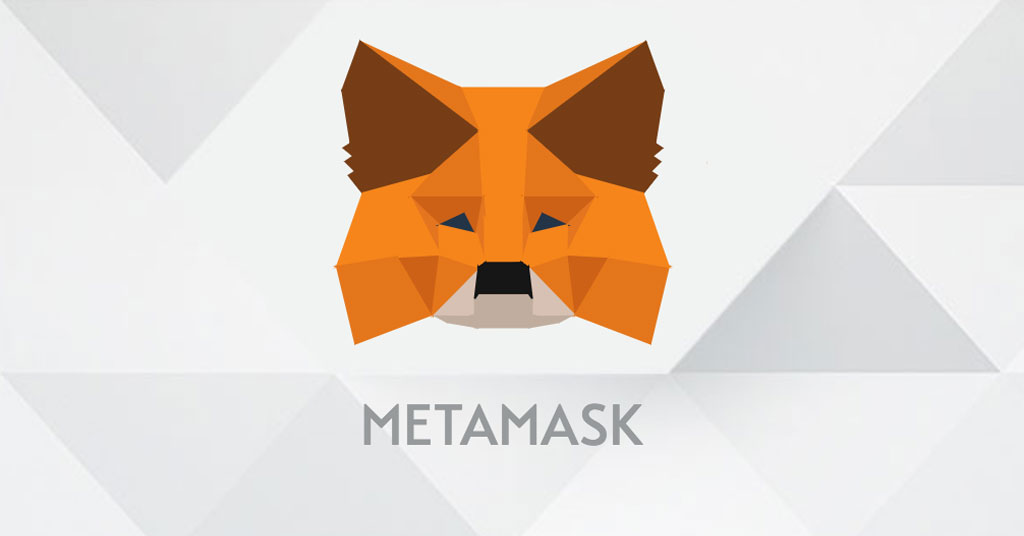In the rapidly evolving world of digital finance, crypto wallets have emerged as essential tools for anyone looking to manage cryptocurrencies metamask extension. Whether you’re a seasoned investor or a newcomer exploring the realm of blockchain technology, understanding crypto wallets is crucial for safeguarding and efficiently utilizing your digital assets.
What Is a Crypto Wallet?
A crypto wallet is a digital tool that allows users to store, send, and receive cryptocurrencies securely. Unlike traditional wallets that store physical currency, crypto wallets store the cryptographic keys necessary to access and manage blockchain-based assets. These keys come in two types:
- Public Keys: These function similarly to an account number or address. You can share your public key with others so they can send you cryptocurrency.
- Private Keys: These are akin to a password. They are confidential and must be kept secure, as anyone with access to your private keys can control your assets.
Types of Crypto Wallets
Crypto wallets come in various forms, each offering distinct advantages and trade-offs in terms of security, convenience, and accessibility:
1. Software Wallets
Software wallets are applications or programs that can be installed on a computer or mobile device. They are generally user-friendly and ideal for day-to-day transactions. There are two subtypes:
- Desktop Wallets: Installed on a personal computer, offering more control and typically better security than online wallets, though they are only accessible on the device on which they are installed.
- Mobile Wallets: Available as smartphone applications, mobile wallets offer the convenience of managing assets on the go. They are popular among users who frequently transact and require quick access to their cryptocurrencies.
2. Hardware Wallets
Hardware wallets are physical devices designed to store cryptocurrencies offline, making them highly secure against online threats such as hacking and malware. They are especially favored by long-term investors and those holding significant amounts of cryptocurrency. Examples include Ledger and Trezor.
3. Online Wallets (Web Wallets)
Web wallets are cloud-based solutions that allow users to access their cryptocurrencies via a web browser. While convenient and accessible from any internet-connected device, they often come with increased security risks, as the private keys are stored online and can be vulnerable to hacking attempts.
4. Paper Wallets
A paper wallet is a physical document that contains both your public and private keys, usually in the form of QR codes. While paper wallets are immune to online attacks, they require careful handling and secure storage since physical damage or loss can result in permanent loss of access to your funds.
Security Considerations
Given the decentralized and irreversible nature of cryptocurrency transactions, securing your crypto wallet is paramount. Here are key security tips:
- Backup Your Wallet: Regularly back up your wallet and store the backup in a secure location. Many wallets offer seed phrases (a series of words) that can help recover your assets if your device is lost or damaged.
- Use Strong Passwords: Protect your wallet with strong, unique passwords. Consider using password managers to generate and store these credentials.
- Enable Two-Factor Authentication (2FA): Adding an extra layer of security can help prevent unauthorized access.
- Keep Software Updated: Regular updates can patch vulnerabilities and improve overall security.
- Be Cautious with Public Wi-Fi: Avoid accessing your wallet or making transactions on public or unsecured networks.
Choosing the Right Wallet for Your Needs
When selecting a crypto wallet, consider the following factors:
- Purpose: Are you using the wallet for daily transactions or as a long-term storage solution?
- Security vs. Convenience: Hardware wallets offer high security but may be less convenient for frequent transactions. On the other hand, mobile and web wallets offer quick access but may come with increased security risks.
- Supported Cryptocurrencies: Ensure the wallet supports all the cryptocurrencies you plan to store or transact.
- User Experience: An intuitive and easy-to-use interface can significantly enhance your overall experience, especially if you are new to the world of cryptocurrencies.
Future Trends in Crypto Wallets
As the cryptocurrency ecosystem continues to mature, so does the technology behind crypto wallets. Some emerging trends include:
- Multi-Signature Wallets: These require multiple approvals for transactions, increasing security for institutional and individual users.
- Integration with DeFi Platforms: Crypto wallets are increasingly integrating with decentralized finance (DeFi) platforms, allowing users to participate in lending, staking, and yield farming directly from their wallets.
- Enhanced Privacy Features: With growing concerns about data privacy, future wallets may offer more robust privacy solutions, such as built-in VPNs or anonymous transaction features.
Conclusion
Crypto wallets are an indispensable part of managing digital assets in today’s digital economy. Understanding the different types, their functionalities, and the security measures necessary to protect your investments can empower you to navigate the exciting yet complex world of cryptocurrencies with confidence.
